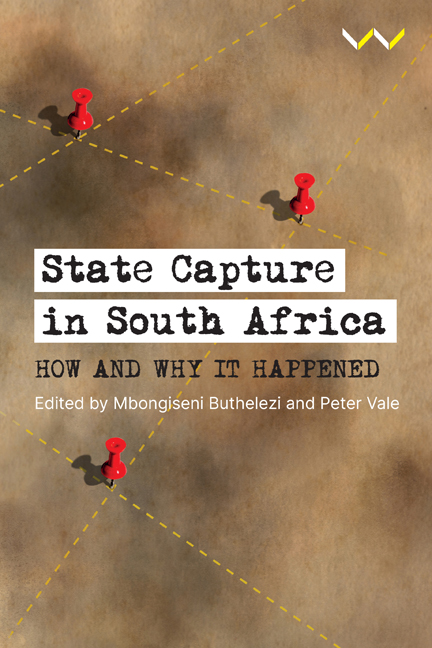Chapter 10 - Old Ways and New Days: An Interview with Barney Pityana
Published online by Cambridge University Press: 28 February 2024
Summary
This is an edited version of a conversation between Barney Pityana, Mbongiseni Buthelezi and Peter Vale that took place on 4 February 2020 at the Centre for the Advancement of Scholarship, University of Pretoria.
Buthelezi: Good morning, Professor Pityana, and thank you for agreeing to this interview. I would like to ask you to start by introducing yourself.
Pityana: Thank you very much, colleagues. My name is Barney Pityana, and I am the retired vice chancellor of the University of South Africa. I am also an emeritus professor of law at Unisa. I have an affiliation with Rhodes University's philosophy department, too.
I am very keen on this project you are doing, not just because this is a topical issue today, but more importantly because it goes to the heart of how states fail and how South Africa got to be where it is. And I hope ultimately that the wisdom that comes from scholarship of this nature will tell us how to avoid the pitfalls of democracy and bad politics. Unfortunately, in this country, we have failed to prevent this – indeed, we have failed in a very grotesque manner. And what is even more bothersome in failing to do that is our insistence that we were on the right track; we would not hear anybody saying anything different.
The general character of society and politics has been – to use a word that South Africans like to use – ‘denialist’; and so this exercise has my enthusiastic support, and I hope it will open us up to new understandings of our politics.
Buthelezi: A helpful place to start is with the assertion that South Africans failed to prevent state capture. But in understanding how we failed, I would like to go back to how we got here. And I wonder if you could put this in a longer historical context for us, in the tradition or the history of South African politics?
Pityana: For me, there are two historical threads.
We know that for 50 years or so, South Africa was ruled by Afrikaner nationalists. This regime was very conscious of the perverse influence and power of the English colonial superstructure that had undermined Afrikaner consciousness and the possibilities for Afrikaner nationalism.
- Type
- Chapter
- Information
- State Capture in South AfricaHow and Why It Happened, pp. 217 - 233Publisher: Wits University PressPrint publication year: 2023



